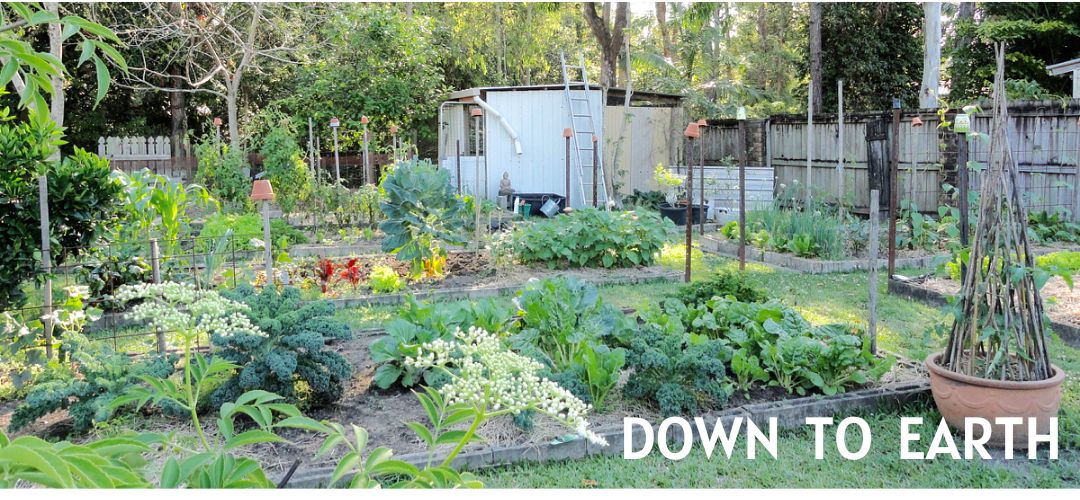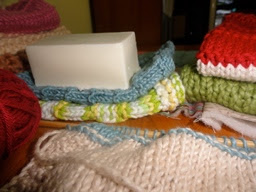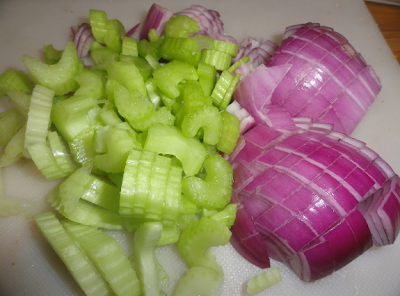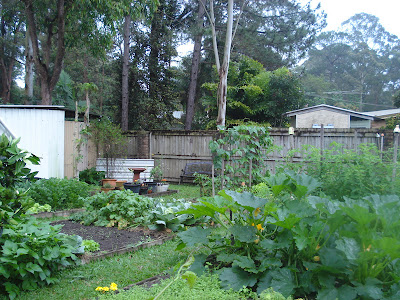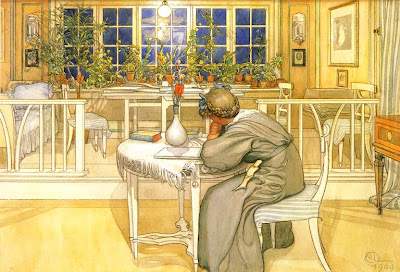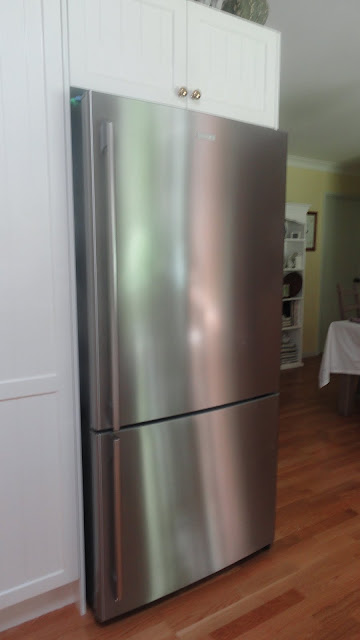I've been busy this past week with knitting and sewing for my online shop I hope to open next week. It will never be overflowing, just be a few things I can do in my free time that I hope will earn us a little pin money. I've been told I could make a fair bit of money on my blog now but I'm not about to sacrifice my integrity for the sake of a few dollars. I see my little shop as something altogether different. I've often had people write to ask if they can buy something I've made and written about. This seems to be a fair way to earn a little bit of extra cash while giving others something I hope will add value to their lives. It's the same way I see my sponsors. I will only promote or support those people who share my values and who sell products I would use myself or for my family. Whenever you see a sponsor button on my blog, please be assured it will be for a small ethical business or a home business that I'm happy to support and buy from myself, and it has been the one in a hundred that made it to the blog.
The things I'm making for my shop are those things I would normally make for myself - dishcloths, aprons, scarves, soap, tea cosies, table runners and a few odds and ends. I am using good quality materials - all from my own stash, some are organic, and all of them are cotton, linen, wool and natural fibres. The soap is just rain water, lye and oil, nothing else. It is suitable for washing the whole family, including the babies, and your hair. I hope some of you like my meagre offerings. I understand that my taste won't suit everyone and my products might seem a bit old-fashioned but they will be made with love and care and to the best of my ability.
It would help me quite a bit if I had some idea of how much soap I might sell. I've made three batches and that will be fine if that's all I need, but if there are a lot of people who wish to buy the soap, I'll get a few more batches done before Monday. If you're thinking of ordering soap, can you say that in the comments so I have a better idea of numbers. It won't count as an order, so don't worry about making a commitment, it will just give me a general idea of numbers. Thanks friends.
Recently I bought these two books with my Amazon points. They're the Chicks with Sticks Guide to Knitting and Guide to Crochet. Both are very good books and I'm happy to recommend them to you if you're a new knitter or, like me, a new crocheter. I am determined to learn to crochet because I want to make some jug covers for the shop and I would like to add lacy edges to my knitted tea cosies. One of the good features in the books is they have instructions on how to learn knitting and crochet for both right and left handers, or as they call them, southpaws. Both books go through basic stitches and how to hold needles and yarn, then go on to a wide variety of beginner and advanced beginner projects.
I'll be apron sewing and knitting today. Hanno is going to the Gold Coast again so I'll be alone and can get on with it. It's been raining these past couple of days so I'll cosy up with my craft work and see what happens. I love these diamond days. I hope you have a wonderful time of it too and if you're knitting or sewing, working at your job or in the home, enjoy yourself.
